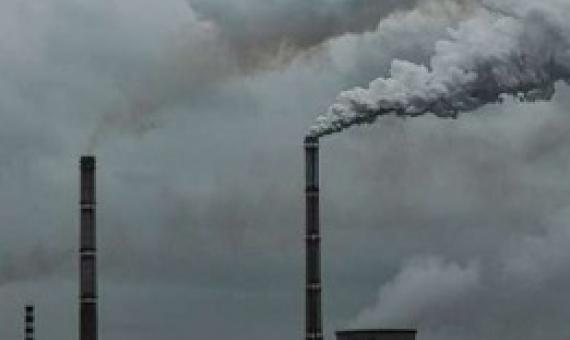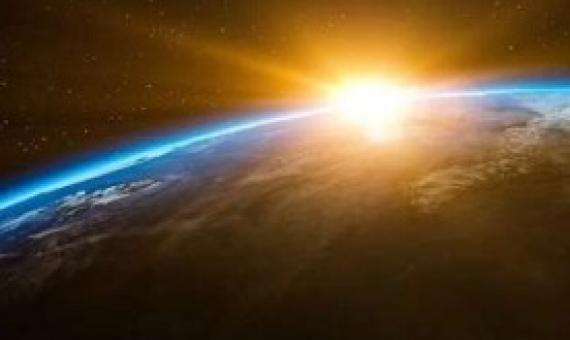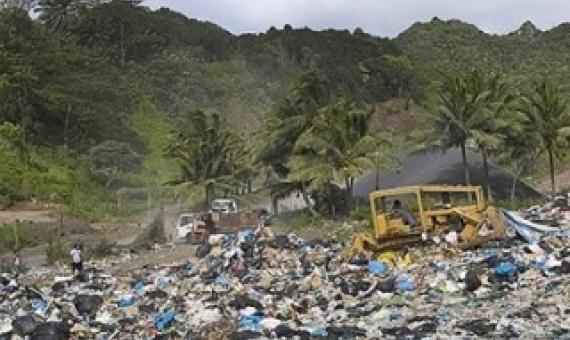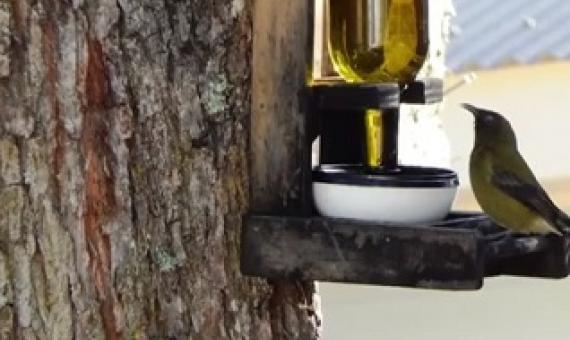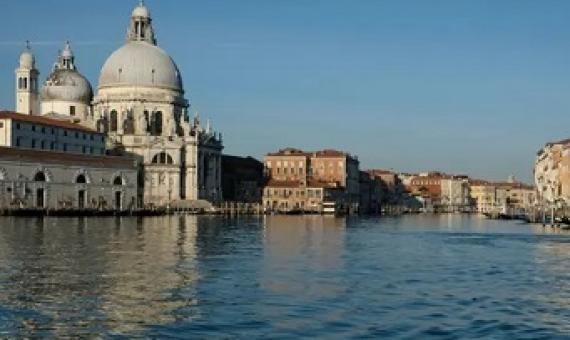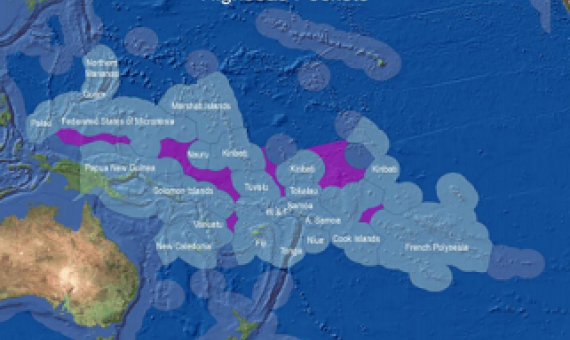The coronavirus strain that causes COVID-19 has infected over two million people in more than 160 countries.
Stay-at-home orders enacted to slow human movement, and consequently the spread of COVID-19, have had obvious benefits for the environment, but they are also impacting environmental science.
In the weeks leading up to Earth Day 2020, clear blue skies broke out over famously smog-ridden cities like Beijing, Los Angeles, and Delhi. Harvard Law School Professor Jody Freeman LL.M. '91 S.J.D.
Bats do a lot of good for the world—they pollinate plants, they eat disease-carrying insects, and they help disperse seeds that help with the regeneration of tropical forest trees. Bats and a range of other mammal groups are also natural carriers of coronaviruses.
Overseas, the Covid-19 economic slowdown and home lockdowns have enabled the most sudden and dramatic improvement in environmental measures like air and water pollution in modern history.
New research is needed to gauge the environmental impact of the Covid-19 lockdown, scientists says...Many of the world’s animals appear to be enjoying having fewer humans around, with some animals being seen in public spaces after decades away.
The skies are clearing of pollution, wildlife is returning to newly clear waters, a host of flights have been scrapped and crude oil is so worthless that the industry would have to pay you to take it off their hands – a few months ago, environmentalists could only dream of such a scenario as the
Links between ecological integrity, emerging infectious diseases and other aspects of human health - an overview of the literature
The devastating emergence of the virus causing COVID-19 has led to increased interest in the factors that result in pandemics and other disease outbreaks. There is an extensive body of literature on emerging infectious diseases that originate from wild animals, much of it built up since the SARS epidemic of 2002-2004 raised global awareness of the topic. The wildlife trade has been identified as one key risk factor and has rightly drawn a great deal of attention. This study reviews information relating to another commonly postulated risk factor - damage to the integrity of ecosystems.
On any other Easter holiday in such perfect weather, at least 30-40 recreational boats would be in the small part of the Hauraki Gulf that is framed by my kitchen window. This year, however, there was not a boat to be seen.
COVID-19 has overshadowed the climate crisis as governments scramble to protect the health of citizens without cratering their economies, but the pandemic could still open a fast-track pathway -– albeit a narrow one—to a greener, low-carbon future, experts say.


